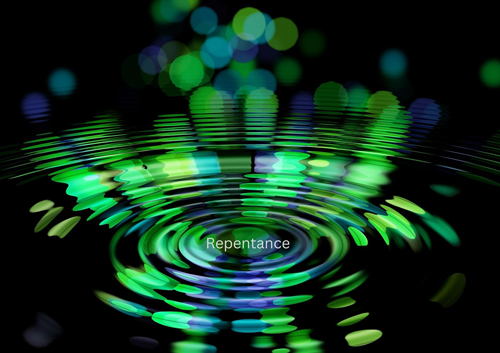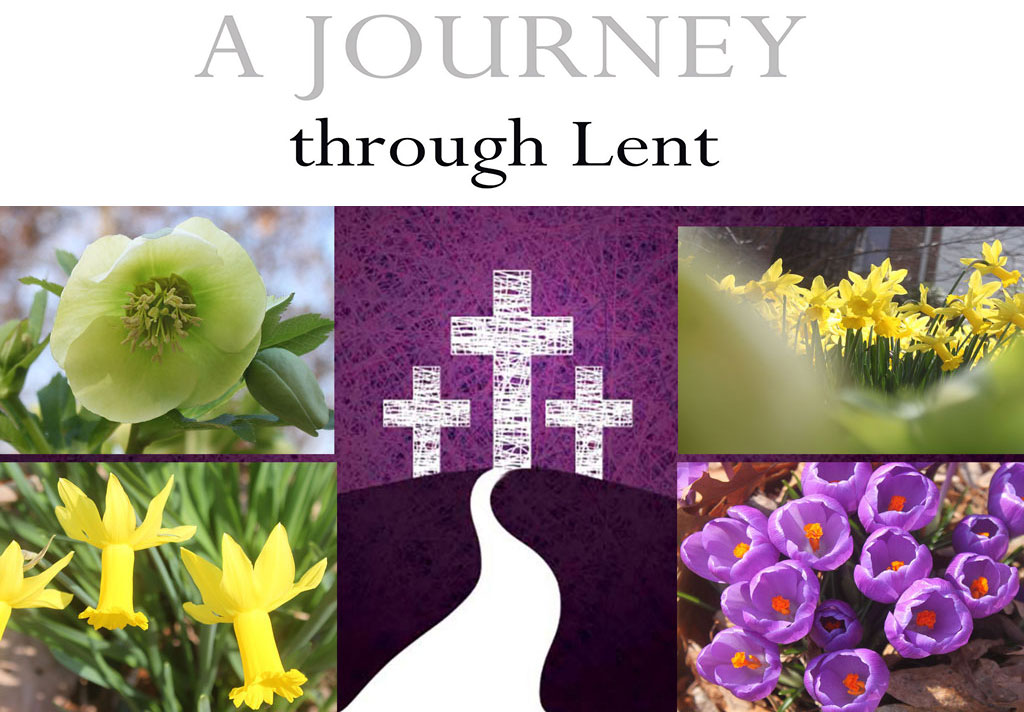“To grow up in Christ takes curiosity. Moses was a felon on the run from Egypt. But now, he’s a husband, father and gainfully employed in his father-in-law’s livestock business. Life is good. That’s when everything changed. He saw a burning bush in the distance so, “he went over to see this strange sight.” And then, “God saw that Moses went over to look and called him by his name.” Moses’ curiosity was the precondition for a conversation with God that changed Moses’ life and human history. Moses’ curiosity was the delivery system for God’s disclosure of God’s self! And, that is still the pattern for spiritual growth and maturity today.
“When I say curiosity, I mean the desire to learn, know and to grow. What part of the faith life are you curious about? Curiosity is the equivalent of saying, ‘God you are interesting, I want to know you more. I want to know how you do things. I want to know if I can really trust you.’ Curiosity stretches the soul and keeps spiritual rigor mortis at bay. When you think about it, that the God of all the universes wants to meet you in your specific questions and wonderings is mind- boggling. Maybe more than ever, in our 24-hour-always-breaking-news and increasingly biblically illiterate world, more godly curiosity is exactly what we need.
“Notice this, Moses’ curiosity is rewarded with a relationship not simply information. Our curiosity has to be lived. Curiosity should cause us to live differently on the way to getting new understanding. We grow as we go. It is curiosity that frees us to live into the mystery of God and saves us from dry dogma and rigid religion. It is Godly curiosity that helps us see the majesty of God and delivers us to authentic worship. That is what happened to Moses that day at work. Wonder became worship. Years later, when Moses finally saw his people walk out of 400 years of slavery, I’ll just bet he was glad he had been curious.”
Exodus 3:1-15
Part 1 of this series
Part 2 of this series




 Third Sunday in Lent
Third Sunday in Lent